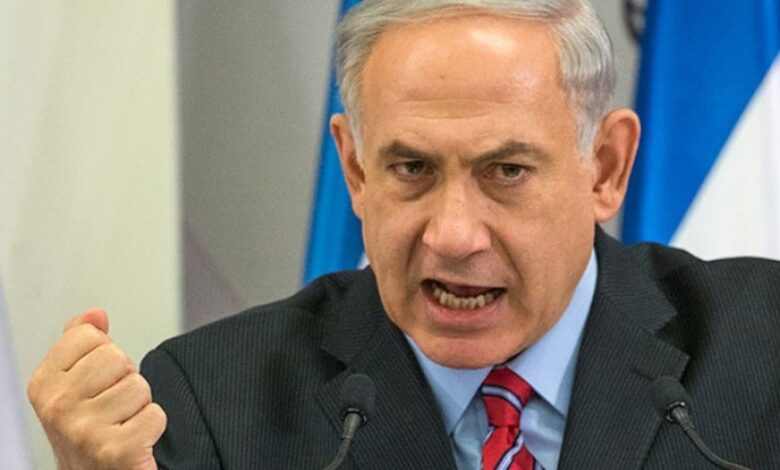Procrastination and Political Calculations: Netanyahu’s Approach to Hostage Negotiations

Procrastination and Political Calculations: Netanyahu’s Approach to Hostage Negotiations
Benjamin Netanyahu, Israeli occupation long-serving Prime Minister, has often been a polarizing figure in both Israeli and global politics. One of the criticisms levied against him is his alleged procrastination in dealing with hostage negotiations, purportedly to extend his tenure in power and prolong military conflicts. This essay explores the nuances and implications of Netanyahu’s strategies regarding hostage negotiations, examining whether these actions are driven by personal political ambitions or are part of a broader strategic calculus.
Historical Context and Netanyahu’s Leadership
Benjamin Netanyahu, often referred to as “Bibi,” first took office in 1996 and has since become Israeli occupation longest-serving Prime Minister. His tenure has been marked by a series of security challenges, including conflicts with Palestinians and regional adversaries. Netanyahu’s political career has been characterized by a strong stance on security, and a cautious approach to peace negotiations. These attributes have won him both staunch supporters and fierce critics.
Hostage Situations and Procrastination Claims
Hostage situations, particularly those involving Israeli soldiers and civilians, are fraught with emotional and political complexities. Netanyahu has faced several high-profile hostage crises, including the capture of Israeli soldier Gilad Shalit by Hamas in 2006. Shalit was held for five years before being released in a controversial prisoner exchange deal in 2011. Critics argue that Netanyahu’s delayed negotiations and decision-making in such situations are deliberate tactics to maintain a state of heightened security tension, thereby justifying his continued leadership.
One perspective is that Netanyahu’s procrastination in hostage negotiations serves to underscore the persistent threat Israel faces from its adversaries. By prolonging these crises, Netanyahu can emphasize the necessity of his security policies and leadership. This approach aligns with his broader political strategy, which often hinges on portraying himself as the indispensable guardian of Israeli occupation security.
Political Gains from Prolonged Conflict
Extending conflict and delaying resolutions can have significant political advantages. In times of war or heightened security threats, the Israeli public tends to rally around strong leaders who project confidence and decisiveness. Netanyahu has adeptly utilized this phenomenon, often framing his leadership as essential to Israeli occupation survival amidst regional turmoil. This strategy not only solidifies his political base but also marginalizes opposition voices that advocate for more conciliatory approaches.
Moreover, prolonged conflicts can divert attention from domestic issues such as economic challenges, corruption allegations, and social inequalities. Netanyahu has faced numerous corruption investigations and charges, which have threatened his political career. During periods of intense security crises, public focus shifts away from these controversies, providing him with a reprieve and an opportunity to reinforce his political standing.
Ethical and Humanitarian Considerations
The ethics of using hostage negotiations and prolonged conflict as political tools are deeply contentious. Hostage situations involve real human suffering, and delaying their resolution can exacerbate the distress of hostages and their families and means more killing in the Palestinian side as genocide continues. The fear of ending Netanyahu’s ally and his power in government and going to the court will lead to impeding any negotiations and ending the war in Gaza. Suffering is expected to continue and no horizon for political resolutions is seen in the end of the tunnel.
Discover more from Gaza Never
Subscribe to get the latest posts sent to your email.





